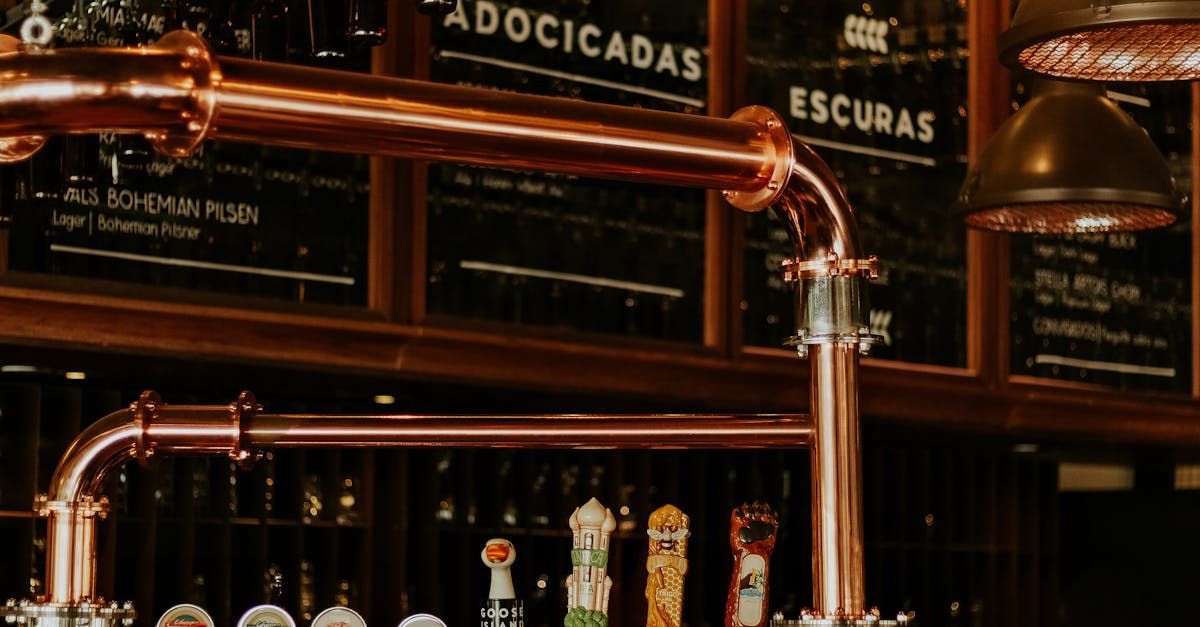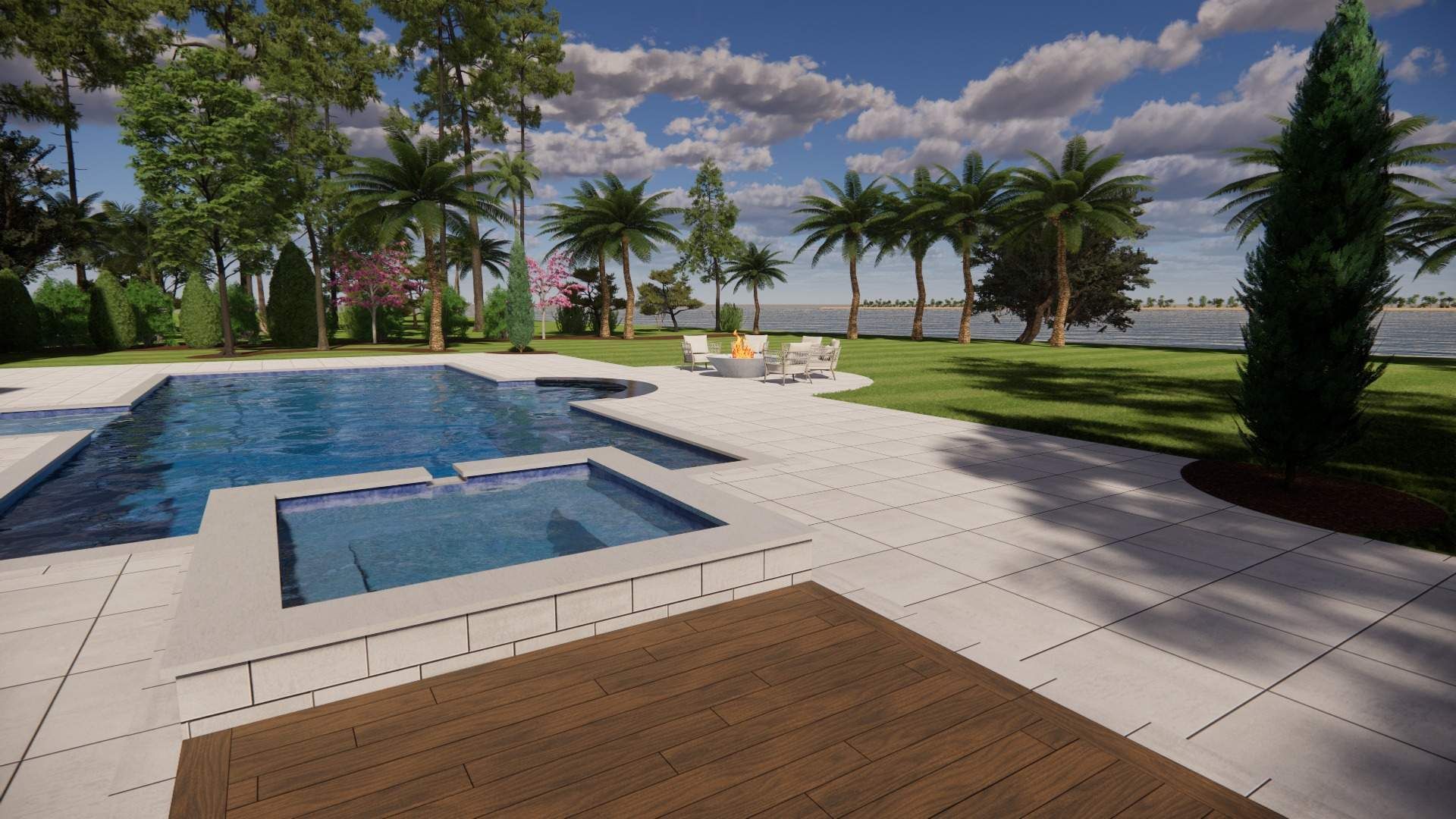Saltwater-Resistant Irrigation Components: Coastal Oasis
Saltwater-resistant irrigation components are essential for Hilton Head Island gardens due to the coastal environment and potential saltwater intrusion. These specialized parts help maintain healthy landscapes while withstanding the corrosive effects of salt exposure.
Key takeaways:
- Saltwater-resistant materials like PVC, stainless steel, and brass are crucial for irrigation systems in coastal areas
- Regular maintenance and proper component selection extend the lifespan of irrigation systems exposed to salt
- Drip irrigation and low-volume sprinklers can reduce salt buildup on plants and soil
- Backflow preventers and check valves are important to protect freshwater sources from saltwater contamination
- Local Hilton Head landscapers can help design and install salt-tolerant irrigation systems
Understanding the need for saltwater-resistant irrigation on Hilton Head Island
Hilton Head Island's unique coastal environment presents challenges for landscaping and irrigation systems. The proximity to the ocean means that salt is a constant presence in the air and soil, which can damage standard irrigation components over time. Salt exposure can lead to corrosion, clogging, and premature failure of irrigation equipment, resulting in costly repairs and inefficient water use.
For Hilton Head homeowners and businesses, investing in saltwater-resistant irrigation components is not just a luxury – it's a necessity. These specialized parts are designed to withstand the corrosive effects of salt, ensuring that your landscape remains lush and healthy despite the challenging coastal conditions.
Common Materials Used in Saltwater-Resistant Irrigation Components
When it comes to saltwater-resistant irrigation components, the choice of materials is crucial. Here are some of the most common materials used in salt-tolerant irrigation systems:
PVC (Polyvinyl Chloride)
PVC is a popular choice for irrigation pipes and fittings in saltwater environments. It's resistant to corrosion and doesn't react with salt, making it ideal for coastal areas like Hilton Head. PVC pipes and fittings are also affordable and easy to install, which is why they're often the go-to choice for many irrigation systems on the island.
Stainless steel
Stainless steel is another excellent option for saltwater-resistant irrigation components. It's highly resistant to corrosion and can withstand prolonged exposure to salt without degrading. Stainless steel is often used for valves, fittings, and other critical components in irrigation systems that require extra durability.
Brass
Brass components are also commonly used in saltwater-resistant irrigation systems. While not as resistant to corrosion as stainless steel, brass still performs well in coastal environments and is often more affordable. Brass is frequently used for sprinkler heads, nozzles, and smaller fittings.
Polyethylene
Polyethylene is another plastic material that's resistant to saltwater corrosion. It's often used for drip irrigation tubing and some types of fittings. Polyethylene is flexible and durable, making it a good choice for areas where the irrigation system needs to navigate around landscaping features.
Key Components of a Saltwater-Resistant Irrigation System
A well-designed saltwater-resistant irrigation system for Hilton Head properties should include several key components:
Saltwater-resistant valves
Valves control the flow of water through your irrigation system. In a saltwater environment, it's crucial to use valves made from corrosion-resistant materials like stainless steel or brass. These valves should be specifically designed for use in coastal areas and able to withstand prolonged exposure to salt.
Corrosion-resistant sprinkler heads
Sprinkler heads are one of the most visible parts of an irrigation system and are directly exposed to the elements. For Hilton Head landscapes, it's important to choose sprinkler heads made from materials like stainless steel or high-grade plastics that can resist salt corrosion. Look for models specifically designed for coastal use.
Salt-tolerant drip irrigation components
Drip irrigation is an efficient watering method that's well-suited to coastal environments. When choosing drip irrigation components for a Hilton Head garden, opt for salt-tolerant tubing, emitters, and fittings. These are often made from special grades of polyethylene or other salt-resistant plastics.
Backflow preventers
Backflow preventers are crucial in any irrigation system, but they're especially important in coastal areas where saltwater intrusion can be a concern. These devices prevent water from flowing backward into the main water supply, protecting it from potential contamination. Choose a backflow preventer made from corrosion-resistant materials and designed for use in saltwater environments.
Filters
Filters help keep your irrigation system clean and functioning properly. In a coastal environment like Hilton Head, filters can help remove salt particles and other contaminants from the water before they enter your irrigation system. Look for filters made from saltwater-resistant materials and designed to handle the unique challenges of coastal irrigation.

Designing a Saltwater-Resistant Irrigation System for Hilton Head Properties
When designing a saltwater-resistant irrigation system for a Hilton Head property, there are several factors to consider:
Water source and quality
The first step in designing your irrigation system is to assess your water source and its quality. If you're using well water, it's important to have it tested for salt content. High salt levels in your water source may require additional filtration or treatment before it's suitable for irrigation.
Landscape layout and plant types
The layout of your landscape and the types of plants you're growing will influence the design of your irrigation system. Salt-tolerant plants may require less specialized irrigation components, while more sensitive plants might need a more carefully designed system to minimize salt exposure.
Soil conditions
Hilton Head's sandy soils can present challenges for irrigation. They drain quickly, which can lead to salt buildup if not managed properly. Your irrigation system design should take this into account, possibly incorporating techniques like leaching to help flush excess salt from the soil.
Zoning and water management
Proper zoning of your irrigation system can help manage water use and minimize salt exposure to sensitive areas of your landscape. Consider dividing your property into irrigation zones based on plant water needs and salt tolerance.
Maintenance Tips for Saltwater-Resistant Irrigation Systems
Regular maintenance is key to keeping your saltwater-resistant irrigation system functioning properly. Here are some tips for Hilton Head property owners:
- Regularly inspect all components for signs of salt damage or corrosion
- Flush the system periodically to remove any salt buildup
- Clean or replace filters regularly to ensure they're effectively removing contaminants
- Check for leaks and repair them promptly to prevent salt buildup in the soil
- Adjust sprinkler heads seasonally to ensure proper coverage and minimize overspray
The Role of Professional Landscapers in Saltwater-Resistant Irrigation
While some Hilton Head homeowners may be tempted to install their irrigation systems, working with a professional landscaper who understands the unique challenges of coastal irrigation can be invaluable. Professional landscapers can:
- Design a custom irrigation system tailored to your property's specific needs
- Select the most appropriate saltwater-resistant components for your system
- Ensure proper installation to maximize system efficiency and longevity
- Provide ongoing maintenance and support to keep your system functioning optimally
Comparing Saltwater-Resistant Irrigation Components
When selecting components for your saltwater-resistant irrigation system, it's helpful to compare different options. Here's a comparison of some common materials used in irrigation components:

Environmental Considerations for Saltwater-Resistant Irrigation
When installing a saltwater-resistant irrigation system on Hilton Head Island, it's important to consider the environmental impact:

Protecting your Hilton Head landscape with saltwater-resistant irrigation
Investing in saltwater-resistant irrigation components is essential for maintaining a healthy and beautiful landscape on Hilton Head Island. By choosing the right materials, designing your system carefully, and working with experienced professionals, you can create an irrigation system that will withstand the challenges of our coastal environment and keep your garden thriving for years to come.
Remember, the key to success with saltwater-resistant irrigation is not just in the components you choose, but also in proper design, installation, and maintenance. With the right approach, you can enjoy a lush, green landscape while efficiently managing water use and protecting your property from the corrosive effects of salt exposure. For more information, you can visit our website or contact us.



